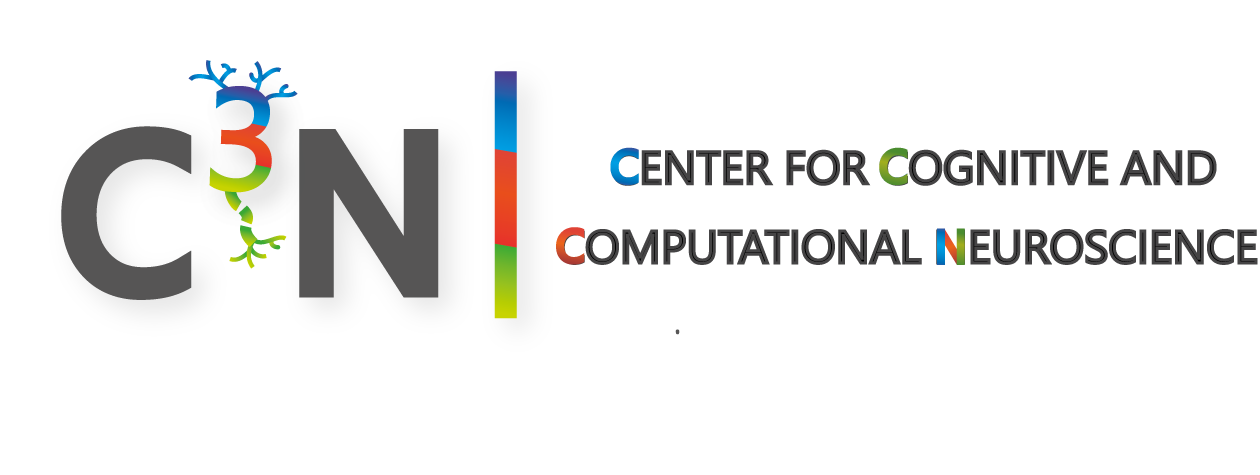Research team
Neurodevelopment and addictive behaviours
Development of addictive behaviors is widespread among the adolescent population, causing significant brain and cognitive alterations. Furthermore, the existence of neurobiological and cognitive factors predisposing to the development of this type of drinking behavior and future addictive disorders has been postulated. Our main objective is to characterize the neurophysiological and neuropsychological profiles of the predisposition to excessive alcohol consumption, as well as its consequences on brain dynamics.
Excessive alcohol consumption is an increasingly widespread pattern of consumption among the adolescent population. This type of consumption involves the ingestion of large amounts of alcohol in short periods of time, which quickly leads the body to a state of alcohol intoxication. In this regard, a large number of studies have demonstrated the harmful effects of this type of consumption on the functional and anatomical integrity of the brain in young consumers. However, in the last decade it has become evident that there may be neurobiological and cognitive factors that predispose to this type of consumption behavior, which makes certain individuals more vulnerable to developing future substance use disorders. In this context, the objective of our laboratory is to explore those neurophysiological and neurocognitive factors that may be predisposing to the appearance of future substance use behaviors, as well as to delve deeper into the brain alterations caused by excessive alcohol consumption in the adolescent population.
To achieve this goal, we focus our work on a longitudinal approach, obtaining measurements before and after the start of drinking, and thus, characterizing both the possible predisposing profiles and the alterations derived from consumption. We also use a complete magnetoencephalography system to characterize the profiles of brain electrophysiological activity, using pioneering analytical approaches for this problem, such as functional connectivity methods.
Selected publications
- del Cerro-León, A., Fernando Antón-Toro, L., Shpakivska-Bilan, D., Uceta, M., Santos-Mayo, A., Cuesta, P., … & Maestú, F. (2024). Adolescent alcohol consumption predicted by differences in electrophysiological functional connectivity and neuroanatomy. Proceedings of the National Academy of Sciences, 121(42), e2320805121.
- Uceta, M., Cerro‐León, A. D., Shpakivska‐Bilán, D., García‐Moreno, L. M., Maestú, F., & Antón‐Toro, L. F. (2024). Clustering Electrophysiological Predisposition to Binge Drinking: An Unsupervised Machine Learning Analysis. Brain and Behavior, 14(11), e70157.
- (CAPÍTULO DE LIBRO) Antón-Toro, L. F., del Cerro León, A., Shpakivska, D., Correas, Á., Uceta, M., Maestú, F., & García-Moreno, L. M. (2024). Alcohol Binge Drinking in Adolescence: The Who, the How, and the Why. In Psychiatry and Neuroscience Update–Vol. V: Addiction: From Laboratory and Anthropology to Clinical Practice (pp. 491-506). Cham: Springer Nature Switzerland.
- Antón-Toro, L. F., Shpakivska-Bilan, D., Del Cerro-León, A., Bruña, R., Uceta, M., García-Moreno, L. M., & Maestú, F. (2023). Longitudinal change of inhibitory control functional connectivity associated with the development of heavy alcohol drinking. Frontiers in Psychology, 14, 1069990.
- Antón‐Toro, L. F., Bruña, R., Del Cerro‐León, A., Shpakivska, D., Mateos‐Gordo, P., Porras‐Truque, C., … & García‐Moreno, L. M. (2022). Electrophysiological resting‐state hyperconnectivity and poorer behavioural regulation as predisposing profiles of adolescent binge drinking. Addiction Biology, 27(4), e13199.


